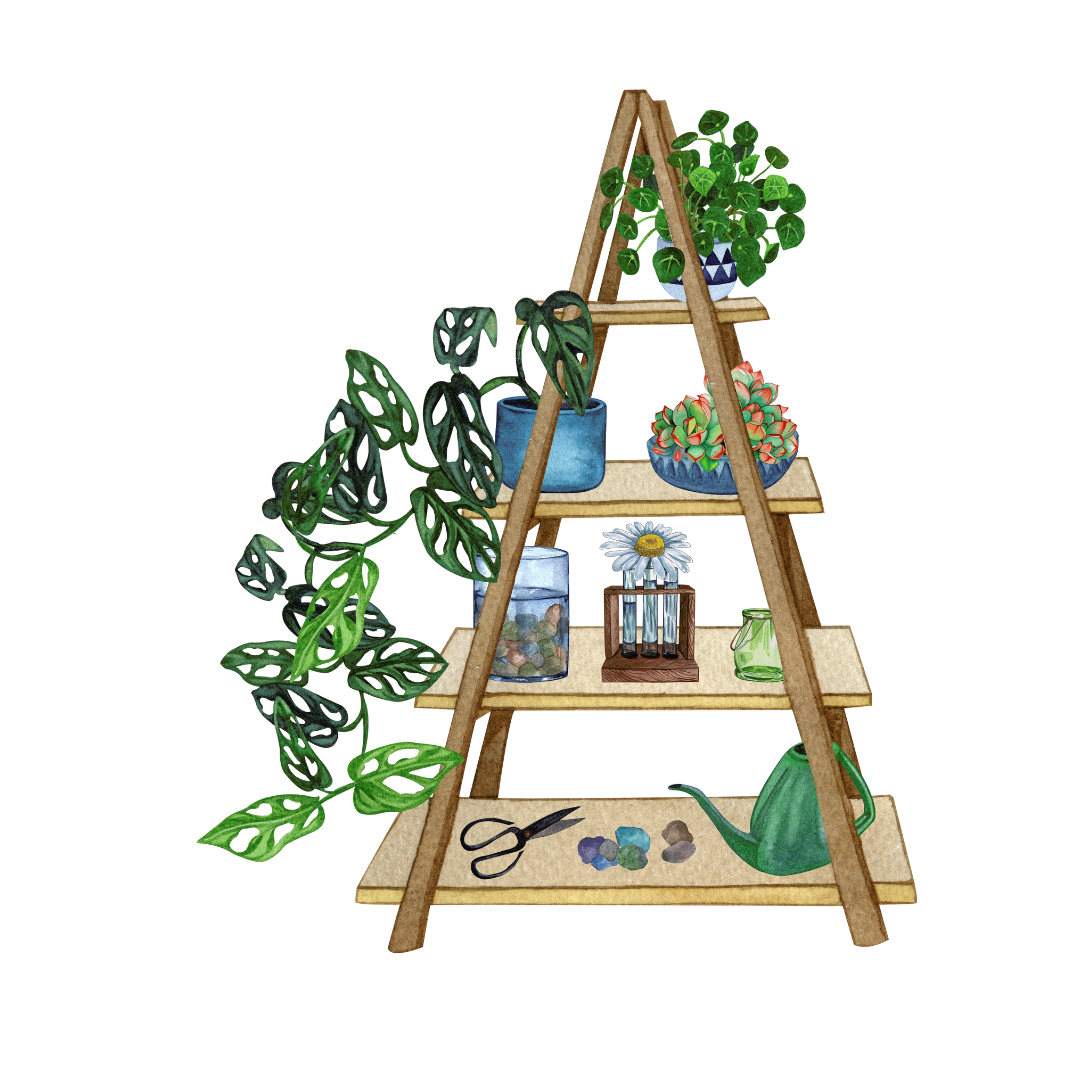Introduction
Gardening has long been celebrated for its therapeutic and health benefits. However, with the rise of urban living, space has become a premium commodity.
Enter vertical gardening – an innovative solution that allows you to grow your garden, no matter how limited your space may be.
This blog explores the numerous health benefits of cultivating your vertical garden, making it an attractive option for city dwellers and garden enthusiasts alike.

Physical Health Benefits
Improved Nutrition
Growing your vegetables and herbs ensures you have access to fresh, organic produce. This leads to a diet rich in essential vitamins and minerals.
Freshly harvested produce retains more nutrients than store-bought ones, which often lose their nutritional value during transportation and storage.
Increased Physical Activity
Gardening is a form of exercise that promotes physical activity. Tasks such as planting, watering, and harvesting require movement, which can improve cardiovascular health, strengthen muscles, and enhance flexibility.
Even short gardening sessions can contribute to the recommended daily physical activity.
Better Air Quality
Vertical gardens act as natural air purifiers.
Plants absorb carbon dioxide and release oxygen, improving the air quality around your home. They also trap dust and pollutants, making your living environment healthier.
Mental Health Benefits

Stress Relief
Gardening has been shown to reduce stress and promote relaxation. The act of tending to plants can be meditative, helping to lower cortisol levels and alleviate anxiety.
The presence of greenery and nature has a calming effect on the mind.
Enhanced Mood
Interacting with nature and nurturing plants can boost your mood. Studies have found that spending time in green spaces can reduce symptoms of depression and improve overall emotional well-being.
The sense of accomplishment from growing your food can also increase self-esteem.
Environmental Benefits

Sustainable Living
Growing your food reduces your carbon footprint. It cuts down on the energy and resources required to transport and store produce.
Vertical gardening, in particular, maximizes space efficiency, making it a sustainable option for urban environments.
Biodiversity
Vertical gardens can support a diverse range of plant species, promoting biodiversity. By growing a variety of plants, you contribute to a healthier ecosystem.
This can also attract beneficial insects and pollinators, which are crucial for the environment.
Water Conservation

Vertical gardens are designed to use water more efficiently. Many systems incorporate drip irrigation or hydroponics, which minimize water wastage.
This is particularly beneficial in regions with water scarcity.
Practical Benefits
Space Efficiency
One of the most significant advantages of vertical gardening is its space efficiency. By growing plants upward, you can maximize the use of limited space.
This makes it an ideal solution for apartment dwellers and urban residents with small balconies or patios.
Aesthetic Appeal

Vertical gardens can transform your living space into a green oasis. They add beauty and greenery to otherwise barren walls and corners.
A well-maintained vertical garden can enhance the aesthetic appeal of your home, making it a more pleasant and inviting place to live.
Cost Savings

Growing your produce can save you money on groceries. Once you have set up your vertical garden, the ongoing costs are relatively low.
You can grow herbs, vegetables, and fruits that you would otherwise purchase, leading to significant savings over time.
How to Start Your Own Vertical Garden
Choosing the Right Plants
When starting a vertical garden, it’s essential to choose the right plants. Opt for varieties that are well-suited to vertical growth and your climate. Herbs, leafy greens, and compact vegetables like cherry tomatoes and peppers are excellent choices.
➡️ Here is how to choose the right plants!
Selecting a System
There are various vertical gardening systems available, from wall-mounted planters to freestanding structures.
Choose a system that fits your space and budget. DIY options are also available for those who enjoy hands-on projects.
Soil and Fertilization
Good quality soil is crucial for a healthy vertical garden. Use a mix that provides adequate drainage and nutrients.
Regular fertilization is also important to ensure your plants receive the necessary nutrients for growth.
Watering and Maintenance
Vertical gardens may require more frequent watering than traditional gardens due to their exposure to air.
Ensure your plants receive adequate water and monitor them for signs of over or under-watering. Regular maintenance, including pruning and pest control, is essential for a thriving garden.
Conclusion
The health benefits of growing your vertical garden are manifold. From improved physical and mental health to environmental sustainability and social engagement, vertical gardening offers a holistic approach to well-being.
By embracing this innovative form of gardening, you can transform your living space and enhance your quality of life.
Whether you have a small apartment or a spacious home, vertical gardening makes it possible to enjoy the joys and benefits of gardening in any environment.
Start your vertical garden today and reap the rewards of a healthier, happier life.
